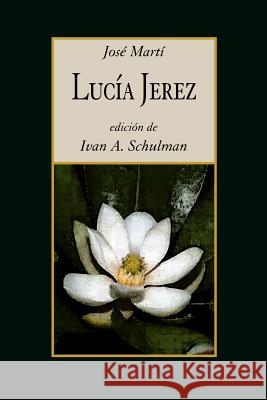Lucia Jerez » książka
Lucia Jerez
ISBN-13: 9789871136322 / Hiszpański / Miękka / 2005 / 108 str.
Lucia Jerez, the only novel written by Jose Marti (Cuba, 1853-1895) ranks among the first and most important novels of Hispanic American Modernism. This work, overlooked or trivialized by critics over theyears, today is considered a revolutionary narrtive because in it the writer experiments with techniques that pre-announce the XX Century Vanguard writiers, and even contemporary post-modernism texts. This is a novel built upon symbols, impresionist and expresionist prose, full of visionary enunciations that depict the present and future of an off-balance world; and the fragile and inconstant experiences of our daily life. Marti, according to his own confession, wrote the novel originally under the title of Amistad Funesta (Regrettable Friendship) in seven days for a New York magazine. He was forced to follow the guidelines set by the magazine's director: there had to be lots of love; a death; many young women, no sinful passion; and nothing that parents and clergymen would reject. And it had to be Hispanic American. The Cuban confessed he disliked the narrative genre. But years afterwards he changed his mind and thought about a modified version of his novel, with a different title because he realized, after reading Harriet Beecher Stowe's Uncle Tom's Cabin and Helen Hunt Jackson's Ramona, that novels could be a powerful social and political vehicle. In Lucia Jerez many critics have preferred to see a fundamentally aesthetic creation, the fruit of the end of the XIX Century Modernist stylistic innovations. But today (re)reading, "under the surface" of the text, as Marti preferred, one can discover a contemporary narrative that explores the disconnections and annomalies of modern life. Inthe preliminary study to this text Prof. Ivan A. Schulman examines Jose Marti's stance with regard to novelistic narratives, explores Lucia Jerez's structure and style, and adds notes that contribute to a novel, in-depth comprehension of Marti's text.











